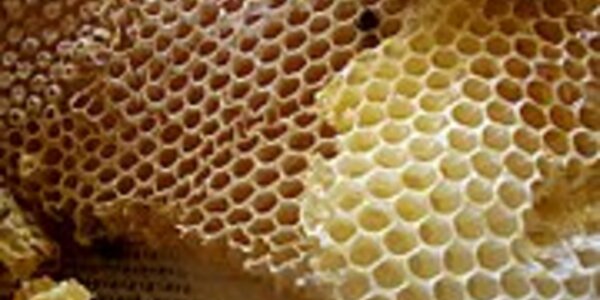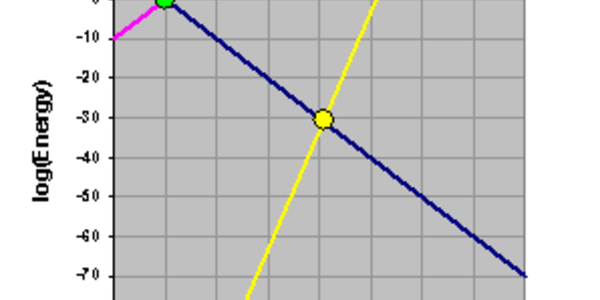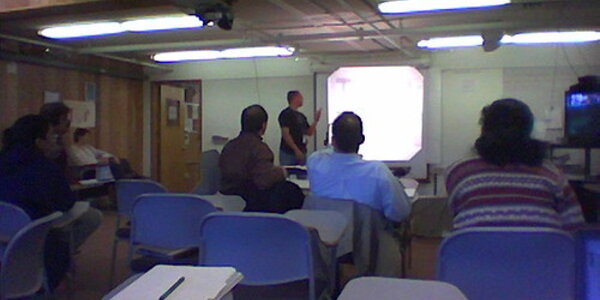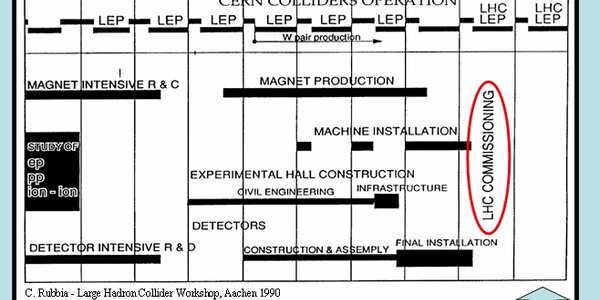Carnival of Physics
The Carnival of Physics is an event organized by Gravità Zero and Gravedad Cero, two sites of scientific outreach in Italy and Spain. I participate with three recent articles which are published on their site. Most other contributions are in Italian and Spanish, but you might still find it interesting to visit the two sites (which feature different contributions). Among the sponsors of this enterprise are WIRED, El Pais, Publico, and La Stampa.






